
Alcohol and Fertility: What You Need to Know
For couples trying to conceive, the choices they make regarding their lifestyle can have a significant impact on their fertility. One such lifestyle factor that often comes into question is alcohol consumption. Understanding the relationship between alcohol and fertility is crucial for those on the path to parenthood.
The Impact of Alcohol on Fertility
·
Disruption of Hormonal Balance: Excessive alcohol consumption
can disrupt the hormonal balance in both men and women. This imbalance can
affect ovulation in women and reduce sperm quality in men.
·
Irregular Menstrual Cycles: Women who consume alcohol
regularly may experience irregular menstrual cycles, making it challenging to
predict ovulation accurately.
· Delayed Conception: Studies have shown that heavy alcohol consumption can increase the time it takes to conceive. Couples who consume alcohol regularly may experience delays in achieving pregnancy.
Moderation is Key
While heavy drinking can indeed impact fertility, moderate alcohol consumption is less likely to have a significant effect. Moderation typically means one drink per day for women and up to two drinks per day for men. However, it's important to note that complete alcohol abstinence is the safest approach when actively trying to conceive.
The Role of Timing
Couples may wonder if they need to stop drinking alcohol as soon as they decide to start trying for a baby. It's generally advisable for women to abstain from alcohol as soon as they stop using contraception. Since pregnancy can occur shortly after discontinuing birth control, avoiding alcohol from the outset can minimize any potential risks.
Preconception Health Matters
Both partners play a role in fertility, so it's essential for both to consider their alcohol consumption. Men should also be mindful of their alcohol intake as it can affect sperm quality. A joint commitment to preconception health, including alcohol moderation or abstinence, can contribute to a smoother fertility journey.
Consulting a Healthcare Professional
Every individual and couple is unique, and fertility concerns can vary. If you have questions or concerns about how alcohol may be affecting your fertility, it's advisable to consult a healthcare professional or fertility specialist. They can provide personalized guidance and recommendations based on your specific situation.
More in Planning A Baby

The Crucial Connection: Why Good Health Is Vital for Men and Women's Fertility?
6 Min Read

How To Foster Optimal Fertility?
5 Min Read
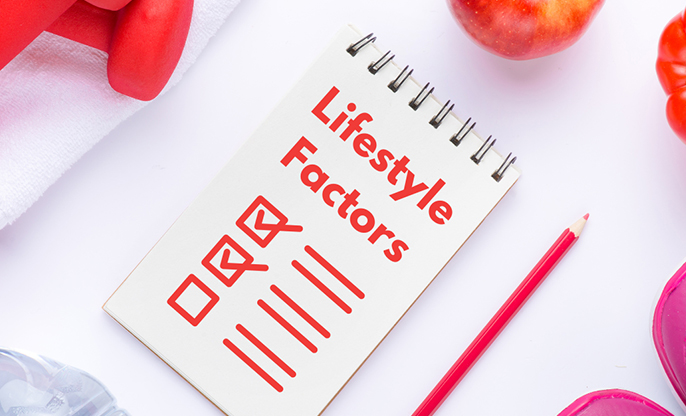
Factors That Impact Fertility
4 Min Read
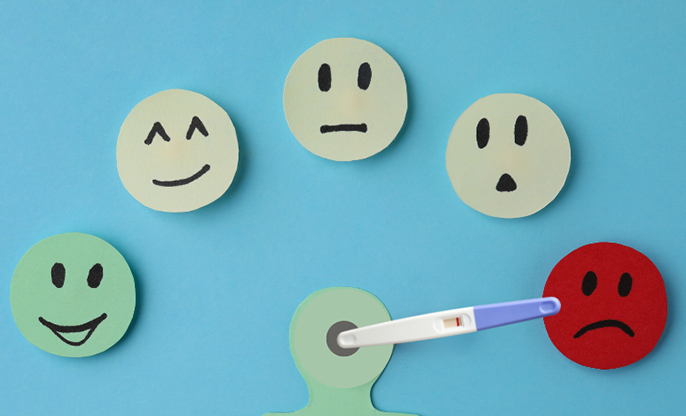
Stress; A Collision With Fertility
6 Min Read

Coping With Stress For Fertility
4 Min Read

Physical Activity and Female Fertility: Finding the Right Balance
4 Min Read

Physical Activity and Male Fertility: Finding the Right Balance
6 Min Read

Fertility-Friendly Foods: A Nutritional Guide for Aspiring Parents 1
7 Min Read

Fertility-Friendly Foods: A Nutritional Guide for Aspiring Parents 2
5 Min Read

Fertility-Friendly Foods: A Nutritional Guide for Aspiring Parents 3
6 Min Read

Male Fertility: How Men Can Optimize Their Reproductive Health
5 Min Read

Cultivating Male Fertility: An Emotional Path to Reproductive Wellness
5 Min Read
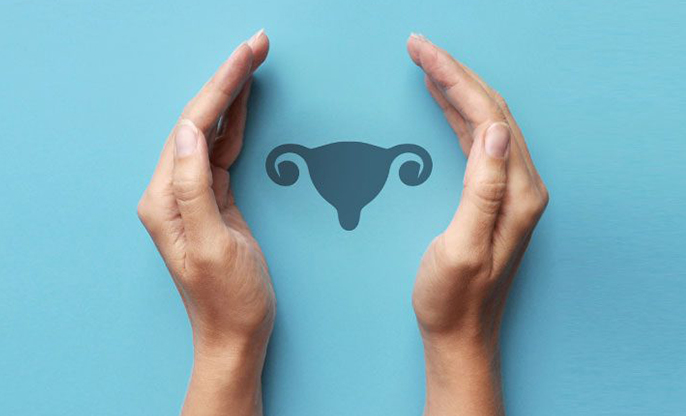
Female Fertility: Exploring All Aspects from a Medical Perspective
4 Min Read

Female Fertility: Embracing Every Aspect with Heart
5 Min Read

Benefits of Counselling & Support Groups for Couples Struggling with Infertility
5 Min Read

Boosting Confidence on Your Fertility Journey: The Power of Self-Affirmations
5 Min Read

Healing from Pregnancy Loss: Emotional Recovery and Moving Forward
5 Min Read

Fertility and Mental Health: Understanding the Connection
5 Min Read

Nutrition Myths and Facts for Fertility
6 Min Read

Overcoming the Fear of Infertility: Strategies for a Positive Mind-set
4 Min Read

The Connection Between Sleep & Fertility: Impact of Quality Rest on Conception
5 Min Read

Harnessing the Power of Self-Affirmations for Fertility Success
5 Min Read

Importance & Benefits of Counselling and Support Groups
5 Min Read

A Holistic Approach to Fertility 1
6 Min Read
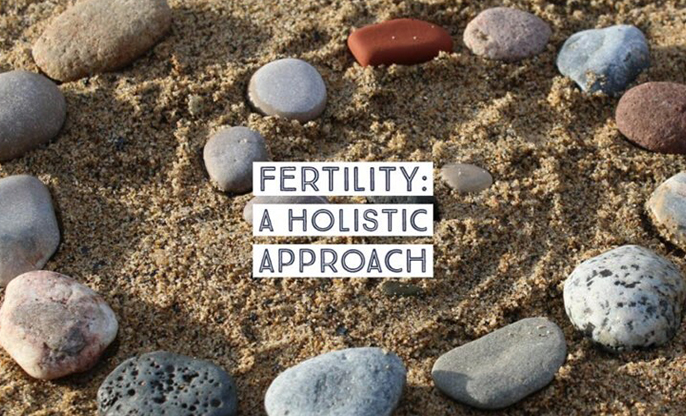
A Holistic Approach to Fertility 2
4 Min Read

Yoga for Male Fertility: Nurturing the Seed
5 Min Read
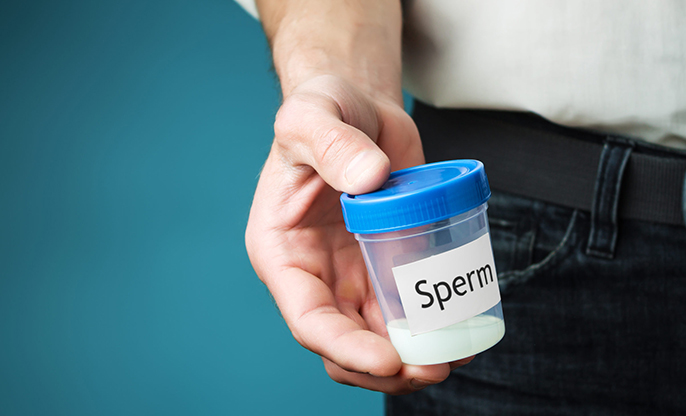
Fertility Tests: A Comprehensive Guide for Men
5 Min Read
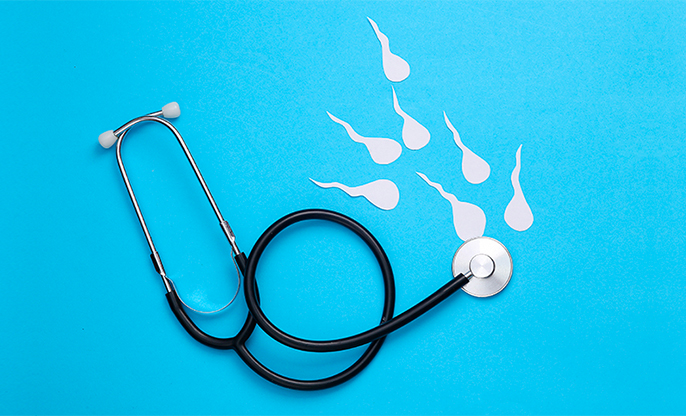
Essential Considerations for Men before Undergoing Fertility Testing
5 Min Read

Demystifying Ovulation: What Every Woman Should Know?
6 Min Read
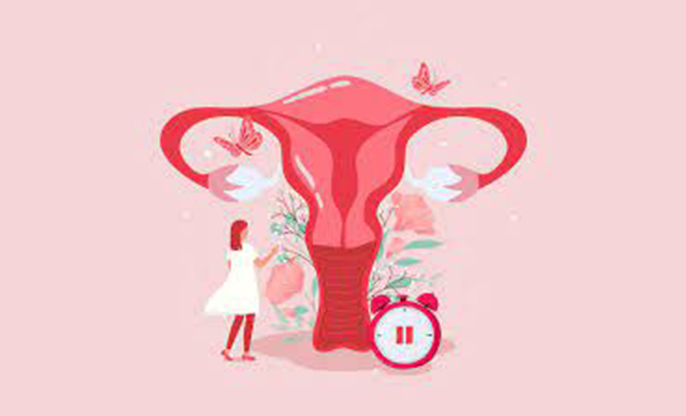
Polycystic Ovary Syndrome (PCOS) Unveiled
4 Min Read

Managing PCOS for Fertility Success
4 Min Read
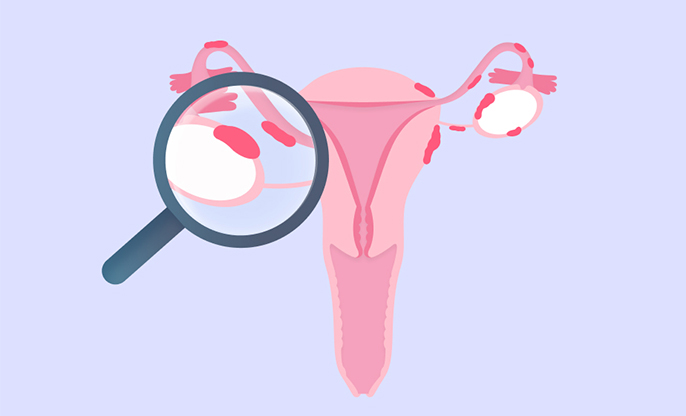
Endometriosis and Fertility: A Delicate Balance
5 Min Read

Navigating Endometriosis: Treatment Options and Support
5 Min Read
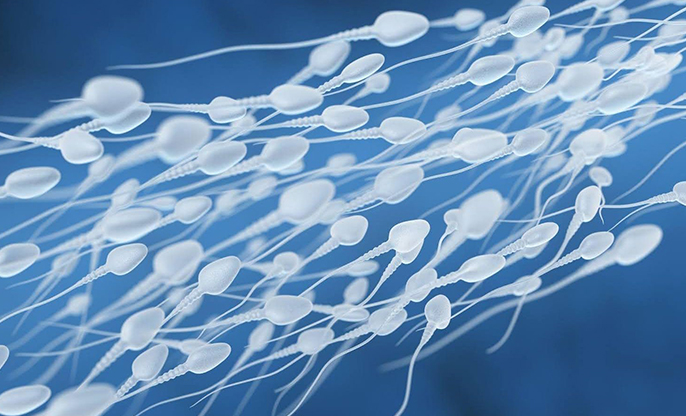
Spermiogenesis: A Key Factor in Male Fertility
4 Min Read

Age and Fertility: Navigating the Biological Clock
5 Min Read
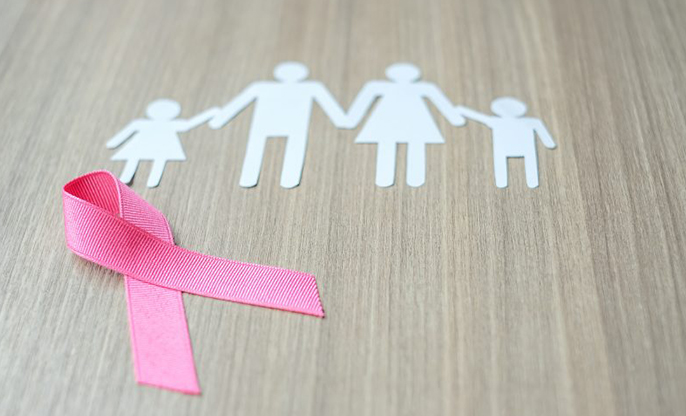
Fertility Preservation Options for Cancer Patients
4 Min Read
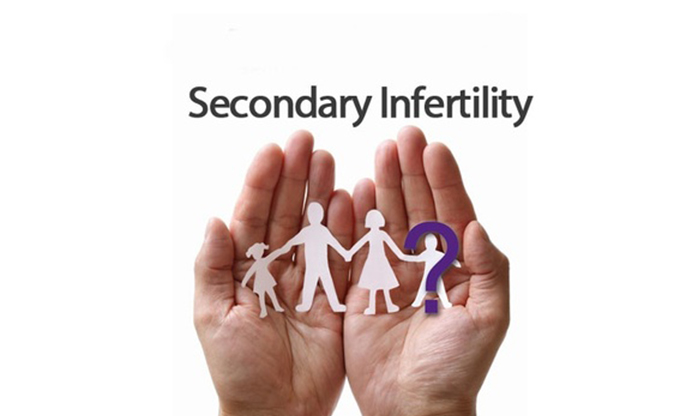
Navigating the Maze of Secondary Infertility: Insights and Coping Strategies
4 Min Read

LGBTQ; Overcoming Challenges in Family Planning
5 Min Read

Navigating Emotions in LGBTQ+ Fertility Journey
5 Min Read

LGBTQ+ Family Planning: Navigating Fertility Options
4 Min Read

The Impact of Smoking on Fertility: Quitting for a Healthier Future
4 Min Read

Choosing the Right Fertility Clinic: Factors to Consider
5 Min Read

Navigating Fertility-Friendly Vacations: Expert Tips for Traveling While Trying to Conceive
4 Min Read

Cultivating Fertility: Designing a Healthy Home Environment
4 Min Read

Financial Planning for Fertility Treatments: Smart Money Strategies
4 Min Read

The Role of Technology in Fertility: Apps and Gadgets for Tracking
4 Min Read

